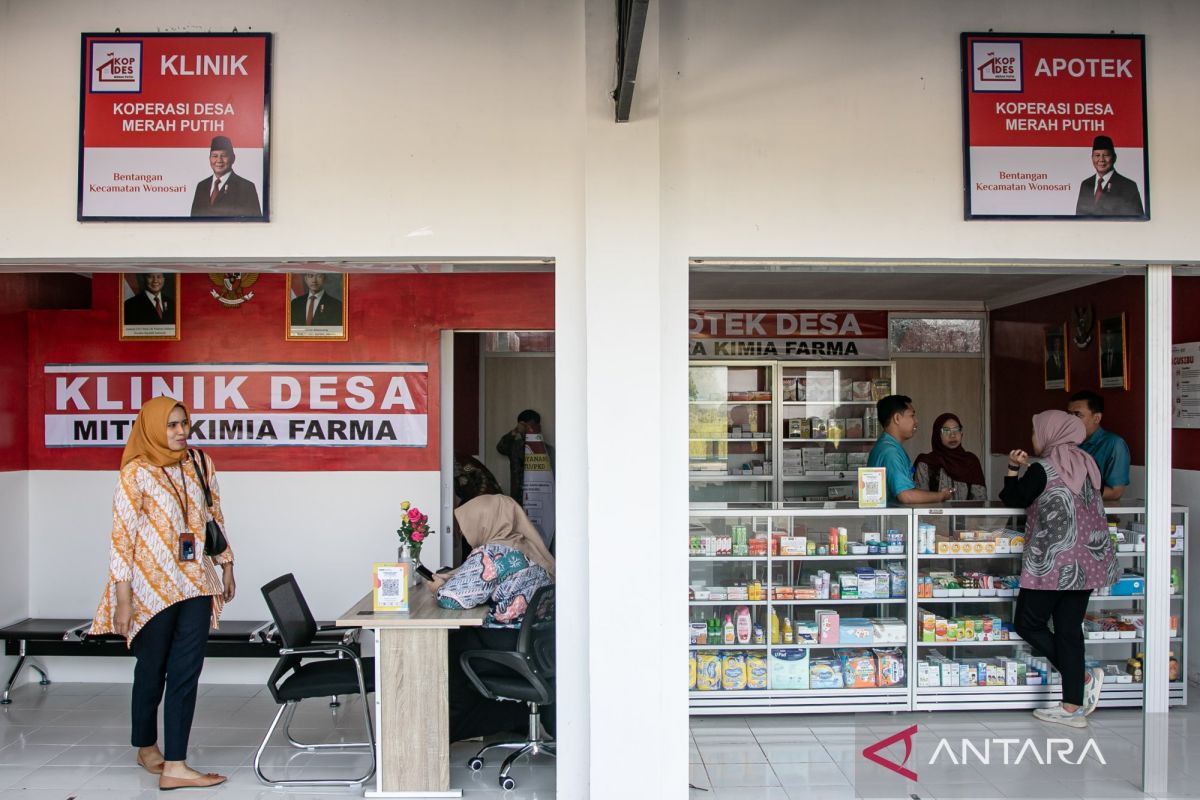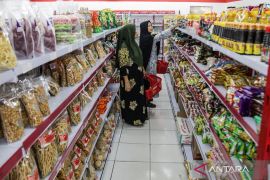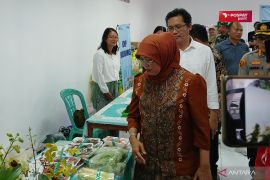Speaking after the handover ceremony in Jakarta on Tuesday, he outlined six core business units for village co-ops: retail shops, pharmacies, clinics, warehouses, logistics services, and microloans.
"In addition, we will also open other activities based on the characteristics and needs of each village," Juliantono said.
To accelerate the program, a funding ceiling of Rp3 billion (around US$182,780) per cooperative will soon be disbursed. He stressed, however, the importance of training sessions so co-op managers understand the procedures for accessing funds.
Juliantono also revealed plans to designate village cooperatives as a national strategic project, supported by a revision of the Cooperatives Law. The revised law, to be titled the National Cooperative System Law, will contain new provisions on village co-ops.
With a stronger legal foundation and accurate village-level data, Juliantono believes co-ops can help tackle economic challenges in both rural and urban areas, while also creating job opportunities for young people.
As of September 9, 81,500 village cooperatives have been established nationwide. Of these, 8,732 have launched at least one business unit, including grocery stores, pharmacies, and microloan services.
President Prabowo Subianto officially appointed Juliantono as Minister of Cooperatives on Monday, replacing Budi Arie Setiadi. Juliantono brings extensive experience in the sector, having served as secretary of the National Federation of Rural Cooperatives (INKUD) since 2018 and deputy chair of the Indonesian Cooperative Council (Dekopin) since 2019.
Related news: Village cooperatives key to expanding access to essentials: Prabowo
Related news: Govt bolsters village cooperatives' role in fertilizer distribution
Translator: Shofi, Kenzu
Editor: Anton Santoso
Copyright © ANTARA 2025











